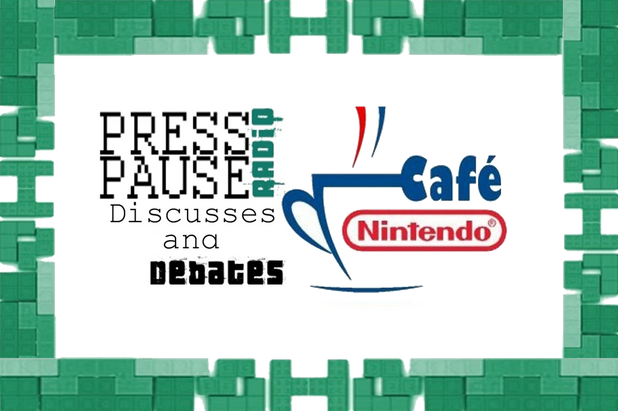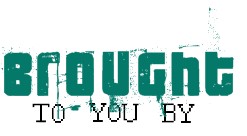Project Cafe: Open discussion and theories

There are many questions that come to mind when addressing the promise of new hardware from Nintendo. Rumors have already circulated the promise of horsepower that surpasses the Playstation 3 and Xbox 360, along with fully integrated touchscreens within the controller, a fully established online platform capable of seamless social interaction, and multiplayer experiences without the use of cumbersome friend codes. However, beyond all of the pledges of incredible grandeur, Project Cafe may be Nintendo's first full embrace on the concept of next generation technology, which can meet more than halfway with their drive to innovate.
With leaked concept art being flooded throughout the month of April, it wasn't long before information needed to be divided between probable facts and pure speculation. Following an additional price drop on the Wii and a budget price drop on select first-party releases, Nintendo played coy to all of the gossip until April 25. Project Cafe was not only confirmed, but was also promised to have playable demo units at the 2011 E3 conference in June, as well a planned launch in 2012. Hardware specifications were first revealed to IGN, as they chronicled Intel regarding an AMD R700 GPU Architecture, 1080p HD visuals and stereoscopic 3D capabilities; these were among the greatest highlights reported on Project Cafe's technical details. The most interesting aspect regarding Project Café would be the controller, reminiscent of what the Wiimote did for the Wii. A controller boasting a six-inch touchscreen interface has opened up deluded comparisons to a Dreamcast controller, but really the first comparison that comes to mind would be functionality that Nintendo has already soaked their hands with in the past.

The first thought that jumps to mind when looking at IGN's concept image of a Project Cafe controller isn't an image vindictive of the Dreamcast's VMU, but rather the GBA-GameCube link function that was scarcely used. Memories immediately poured in, with images of The Legend of Zelda: Four Swords and the elements surrounding the mechanic of dual screen implementation between the television and GBA, which affected the direct navigation and overall gameplay. Now imagine the same idea with Project Cafe's concept controller. Picture the enhancement of touch-screen control akin to that of an iphone, which enhanced Sixaxis motion control that boasts an intuitive fidelity much greater than the Playstation Move, and topped off with the support of a substantial online platform with the capability of seamless online multiplayer, in-game achievements, leaderboards and social network integration. Modern conventions such as these may once again give Nintendo the edge towards remaining relevant within the home market of video games, but there are many questions that have yet to be answered before any of these lofty expectations can truly hold weight.
The tech involved, to say the least, is impressive, but will Nintendo be able to make the most of it? Hardly any console has ever been pushed to its fullest potential, yet Project Café has a hope that’s within a realistic scope, all thanks to the experience the Wii has given gamers and developers. Where the Wii had once introduced a revolutionary and now staple concept of motion control gaming, it didn't offer much else; the third-party support was also a step above what the GameCube did in its time, with technology to match. Introducing different control schemes with a sense of familiarity, yet granting the capability for innovation that can be supported by next generation technology leaves Nintendo with their work cut out for them. The latest rumor of 8GB storage does, however, create apprehension. Where one could imagine that the data involved is compressed to a point where 8GB may never become an issue, it still conflicts with Nintendo’s lack of knowledge within the online realm of console gaming. 8GB of storage may seem competent for simple memory storage of game progress data, but what about online platform updates, application updates, and worst of all, software updates? Updates and patches are something that developers implement often, and because of this convenience made possible by modern tech, it allows them to correct or remove anything faulty that initial quality control during the development of the game did not catch during final production. Such an archaic approach towards memory storage could hurt game development for Project Café, with such trivial limitations in contrast to modern standards. Again, this is all speculation, but between the rumors that have circulated and confirmations that Nintendo has given, this all goes against their usual modus operandi when it comes to new hardware. This really attributes to one thing -- shit’s about to get real come E3.
 Nintendo,
Nintendo,  Project Cafe,
Project Cafe,  touch screen | in
touch screen | in  Articles
Articles 










